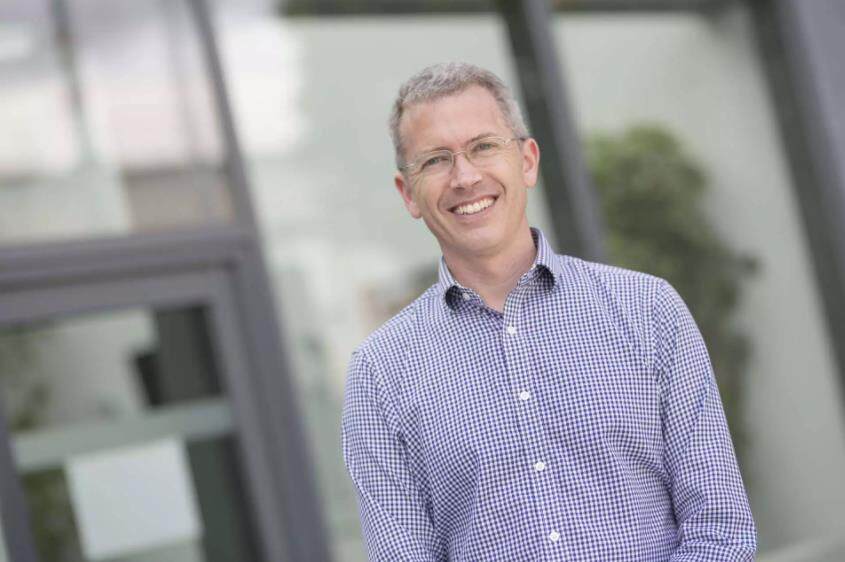A University of Dundee expert will help spearhead a major research initiative to untangle the link between diabetes and heart disease – two of the biggest health crises in Scotland.


The project – led by the British Heart Foundation (BHF) Data Science Centre – will enable researchers from across the UK to safely access health data sets, speeding up the search for better prevention and treatment of diabetes.
Cardiovascular diseases – such as heart attack and stroke – are among the leading causes of death in people with diabetes, who are up to three times likely to develop a heart condition than the general population. Diabetes damages blood vessels, making them easier to become clogged or blocked. Around 6% of the Scottish population are living with the condition, with figures expected to rise sharply due to increasing rates of type 2 diabetes.
The new initiative, named the Diabetes Data Science Catalyst – a partnership between the BHF, Diabetes UK and Health Data Research UK – aims to discover ways of lowering the rates of type 2 diabetes and improving care for those with all types of diabetes, and in doing so, reduce the risk of heart disease.
The Catalyst will enable researchers to securely and ethically access and link the UK’s unique ‘big data’ that is distributed across registries, hospital records and GP datasets. Information that could identify patients, such as names and addresses, are removed before researchers access the data.
The Catalyst builds on the BHF’s £10 million investment in the BHF Data Science Centre to promote the safe and ethical use of health data for research into the causes, prevention, and treatment of diseases of the heart and circulation.
Bill Thurston, 79, from Broughty Ferry, was diagnosed with type 1 diabetes in 1967. He had his first heart attack in 2003, and emergency bypass surgery in 2013 at Ninewells Hospital in Dundee. Bill continues to live an active life with the help of medication. He says, “Next year marks 20 years since my heart attack and 10 years since my bypass, which were terrifying for my whole family. I hope that this new initiative leads to some great discoveries that mean more people with diabetes can live a full life free from heart disease.”
Professor Ewan Pearson, from Dundee’s School of Medicine and Associate Director of the BHF Data Science Centre, will lead the Catalyst from Dundee. He said, “It’s shocking that 590 heart attacks and 770 strokes are caused by diabetes in the UK every week. This collaboration will allow a deeper understanding of the causes and progression of diabetes as a major cardiovascular risk factor, and, most importantly, drive improvements in patient care to save lives.”
Professor Sir Nilesh Samani, Medical Director of the BHF, added, “At the BHF, we recognise the tremendous potential of data science as we enter a new age of digital medicine. That’s why we are delighted to be working with Diabetes UK and Health Data Research UK to launch the Diabetes Data Science Catalyst. The BHF and Diabetes UK share a common goal to reduce the burden of cardiovascular diseases in people living with diabetes and this new initiative will strengthen our ability to tackle this important problem.”
“By unlocking the power of data, we will be able to better understand how diabetes increases the risk of developing deadly heart and circulatory conditions, and how we can save families from this heartbreak.”
Dr Elizabeth Robertson, Director of Research at Diabetes UK, said, “We’re delighted to be partnering with Health Data Research UK and the BHF Data Science Centre to launch the Diabetes Data Science Catalyst.
“The Diabetes Data Science Catalyst has the potential to enable data-driven research, yielding insights that will improve healthcare and move us closer to a future when cardiovascular disease is no longer among the leading causes of death in people with diabetes. By involving people with diabetes in this cutting-edge research, we’re confident that any changes in diabetes care resulting from this initiative will better support the needs of people living day-to-day with this relentless condition.”


































